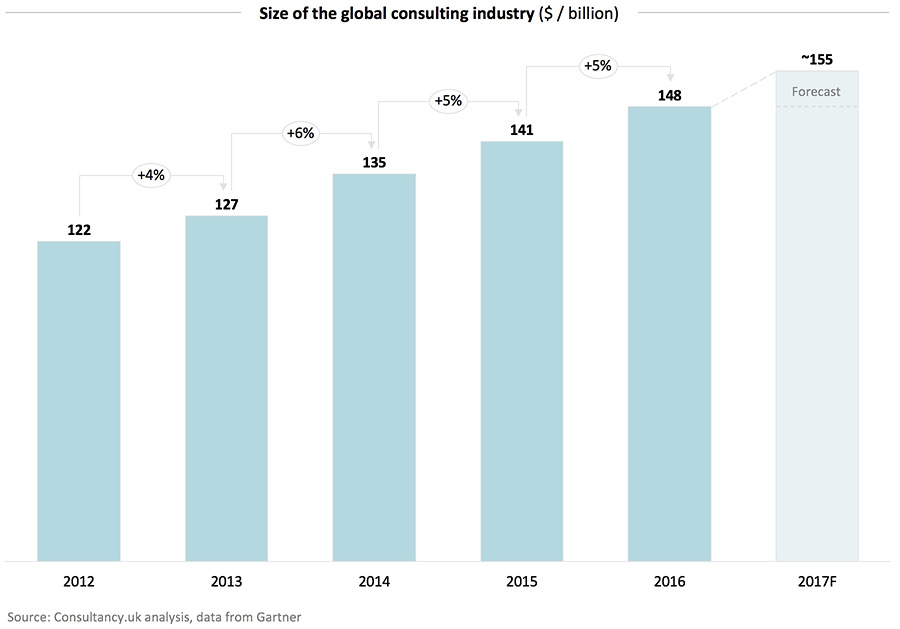
The public sectors includes many organizations and services that work for the public. It is also known by the name "the state sector". We will define and describe the functions of this public sector. We'll also discuss the challenges that change leaders and public sector organizations face. This article will discuss the ways to overcome these problems.
Defining the public sector
It can be hard to define the public sector because there are so many types of public sectors. The IIA clarified the concept, defining it as government agencies, public-controlled agencies and publicly-funded entities (PFEs), which includes organizations that provide public goods, programs, or services. The guidance is based on specific criteria for defining the public and private sectors, as well as for classifying organizations.
Private companies, on the other hand, are profit-oriented and compete for consumer dollars. They are typically organized as partnerships and sole proprietorships. Public sector organisations, on other hand, are able to make laws, and enforce policies. These policies may have an impact on the environment, the individual, and international relations.

Public sector functions
Public sector organizations serve a range of public functions. For example, public utilities provide essential services like electricity. Additionally, public transportation facilities offer many transportation options. Many social services operate in a public sector format. These services include food banks, public housing, and health care.
Analytical functions are also offered by the public sector agencies. These agencies allow us to compare activities in the public and private sectors. This allows us map state activities and to make comparisons across spaces, highlighting distinct patterns and operating processes.
Challenges for public-sector change leaders
The public sector is undergoing significant change. Leaders in the UK have to navigate many obstacles. These include meeting citizens' demands, driving inclusive economic growth and managing the effects of the UK's exit from the European Union. A careful analysis of current trends can highlight three key drivers.
Financial pressures: Leaders in the public service have been concerned about funding and finances for years. While the government strives towards efficiency and productivity, they must also maintain and protect their resources and workforce. A recent GSCU delegate survey identified finance and funding as the biggest challenges facing public-sector change leaders. Other issues include recruitment and management.

Public sector organizations face challenges
There are many issues facing the public sector today. There are many issues that face public sector organizations today, including staff shortages, unmet customers demands, and employee stress levels and burnout. These problems can make it difficult or impossible for public sector leaders and staff to create positive working environments and retain their best employees. A low tax base in the public sector can make it difficult to maintain promised service levels.
Technology solutions are helping the public sector modernize its systems while protecting data from legacy systems. Cloud-based software such Office365 can be used by public sector agencies to provide collaboration tools for employees that were previously difficult to access. These solutions can be tailored to each individual's needs, and they are also much more affordable than rebuilding on-premises solutions. These solutions also help public servants deliver more personalized, intelligent experiences for their constituents.
FAQ
What are the benefits of being a consultant
Consultants are able to pick when and where they want to work.
This allows you the freedom to work wherever you like, whenever you want.
It means that you can change your mind easily without worrying about losing your money.
Finally, you can control your income and set your own schedule.
What can I expect of my consultant?
After you have selected your consultant, expect to hear from them within a few business days. They will usually ask for information about your company, including its mission, goals, products, services, budget, etc. They will then send you a proposal that outlines the scope of work and estimates timeframe, fees, deliverables, milestones and other details.
If all goes well, the parties will then negotiate a written agreement. The type and content of the contract will vary depending on whether the relationship is employer-employee/employer-independent contractor.
If everything goes well, the consultant should start work immediately. S/he will have access to your internal documents and resources, and you'll have access to his/her skills and knowledge.
Don't think that consultants are experts. It takes effort and practice to become an expert in whatever field you consult. Your consultant should not assume that they know everything about you business.
What contracts are available for consultants?
Most consultants sign standard employment deals when they're hired. These agreements detail the length of the consultant's contract with the client, the amount he/she is paid, and other important details.
Contracts specify the area of expertise that the consultant will specialize in and the amount they will be paid. For example, the agreement may say that the consultant will provide training sessions, workshops, webinars, seminars, etc.
Sometimes, the consultant simply agrees that a specific task will be completed within a set time frame.
Many consultants sign independent contractor agreements in addition to the standard employment agreements. These agreements allow the consultant not only to work for himself/herself but also provide payment.
Are consulting incomes subject to tax?
Yes. Taxes will be charged on consulting profits. This amount will depend on how much you earn each year.
If you're self employed, you can deduct expenses beyond your salary.
However, you can't deduct interest payments for loans, vehicle depreciation or the cost to purchase equipment.
If you earn less than PS10,000 per year, 25% can be claimed back.
However, even if your earnings exceed this threshold you may still be subject to tax depending on whether or not you are a contractor or an employee.
Pay as you Earn (PAYE) is the most common method of taxing employees. Contractors pay VAT.
Statistics
- So, if you help your clients increase their sales by 33%, then use a word like “revolution” instead of “increase.” (consultingsuccess.com)
- My 10 years of experience and 6-step program have helped over 20 clients boost their sales by an average of 33% in 6 months. (consultingsuccess.com)
- According to IBISWorld, revenues in the consulting industry will exceed $261 billion in 2020. (nerdwallet.com)
- "From there, I told them my rates were going up 25%, this is the new hourly rate, and every single one of them said 'done, fine.' (nerdwallet.com)
- WHY choose me: Why your ideal client should choose you (ex: 10 years of experience and 6-week program has helped over 20 clients boost their sales by an average of 33% in 6 months). (consultingsuccess.com)
External Links
How To
How can I find a good consultant for my business?
The first step in finding a good consultant is understanding what you want from your consultant. What do you need them to do for your website? You may want them optimizing your site to rank higher for search engines. Or perhaps you just want someone who can tell if there are any issues with your current hosting provider. After you have decided what services you need, it is time to start looking at potential companies. Although there are many consultants who claim to offer these services, very few of them can actually provide the required results. How do I choose one? Here are some considerations when choosing a consultant.
-
Get referrals. This is the best method to find a consultant. It's not a good idea to hire someone you haven't heard of, as you will likely end up paying too much. You also don't want someone with a poor reputation to work for you. It's great if you get recommendations from people you trust. However, even if this is not possible, you might still be able check reviews online. Seek out testimonials from satisfied clients.
-
Ask around. Many people aren't aware that they could benefit from hiring a consultant. They believe that because they're doing well, they don’t need to make any changes. This is often not true. Even if results are good, there is a chance you haven’t been keeping up-to-date with new trends and technologies. You'll lose out on the opportunities to grow your company if you rely on old methods. It's always worth asking around to see if anyone knows of a good consultant.
-
Be sure to check their credentials. No matter how small your project is, it's important to ensure that the consultant you choose has the necessary skills. Check that they are qualified to complete the tasks and have enough expertise in the chosen area.
-
Find out what kind of projects they specialize in. This is false. Some areas require specific education or training. If you are looking for someone to create a WordPress theme, then you will not want to hire someone who isn't a specialist in Drupal. The same applies to programming languages, graphic design and other areas. Ask what projects they usually work on.
-
Be aware of their fees. As we mentioned, it is important to know what they charge. You also don’t want to spend too little. There are many different types of consultants. Some charge hourly rates while others bill per project. Knowing exactly what you're paying upfront will save you money down the road.
-
What do they offer? Are they providing free consultations? They will be able to offer you guidance on setting up your own system. Is there a guarantee that your site will rank higher after working with them? You have the right to cancel at any time if you aren't satisfied with what was said during your consultation.
-
You can also find out if they offer discounts on multiple months or over years. Many consultants offer discounts for longer periods. Although you do not have to commit to a year, it is possible to take advantage of any offers they may offer.